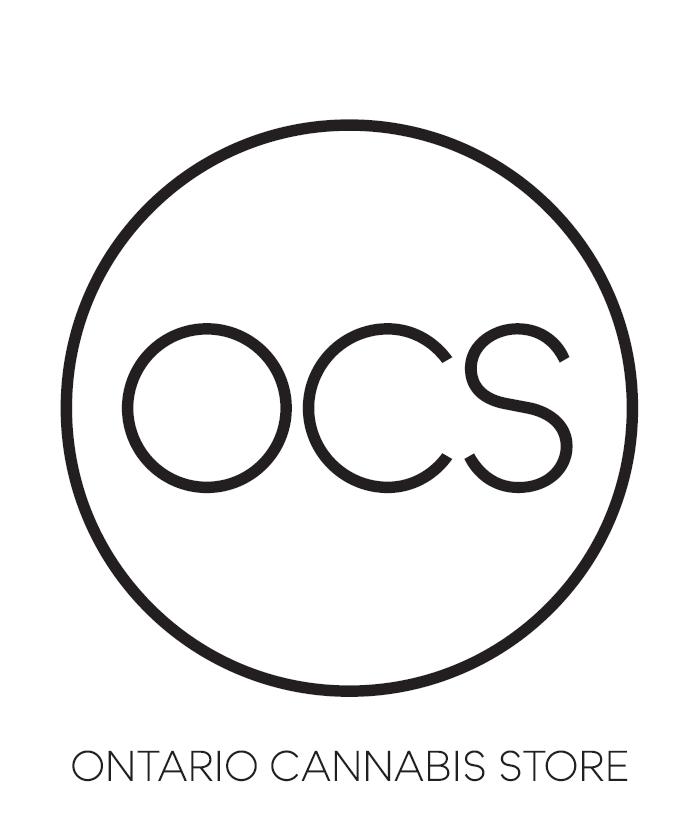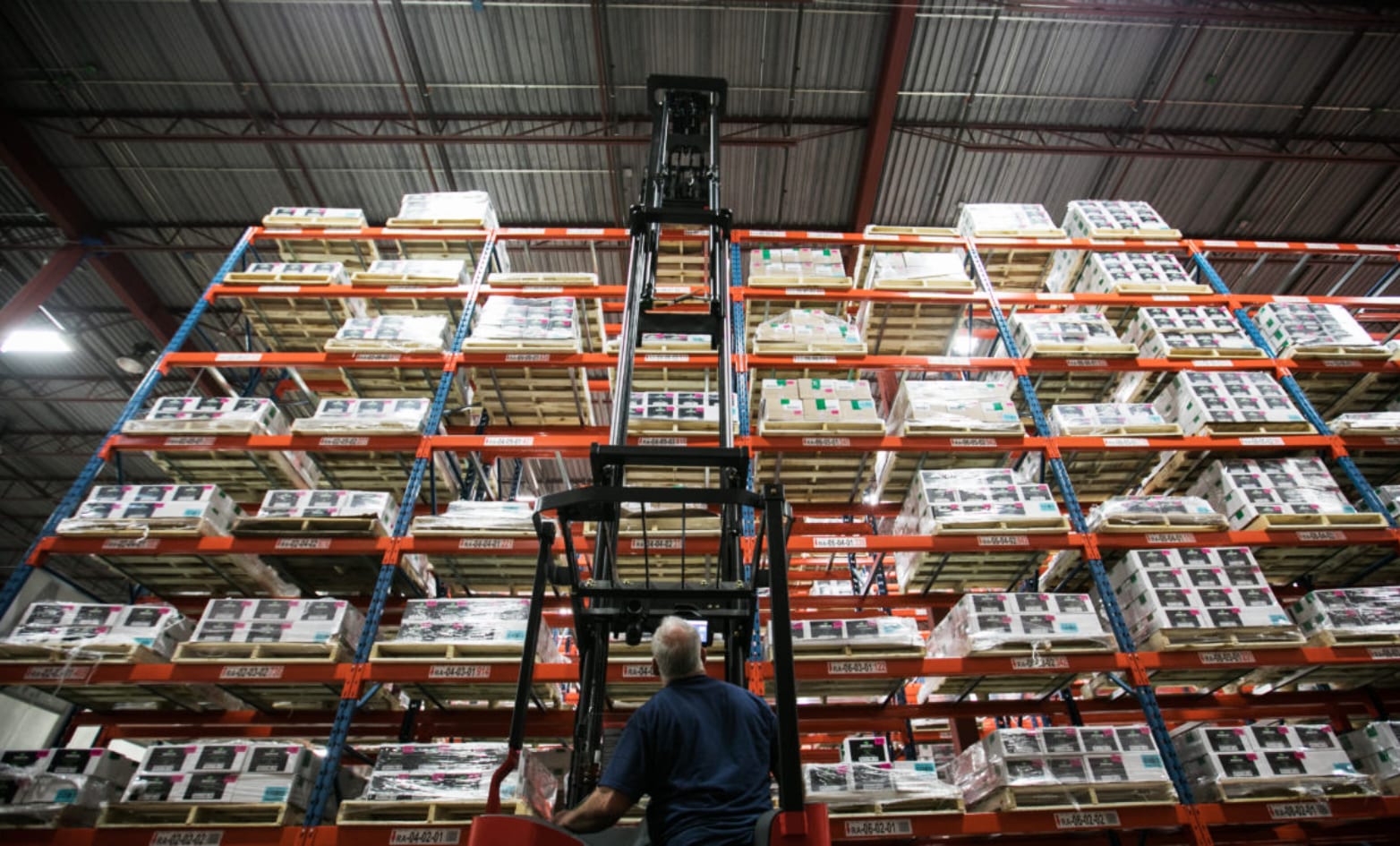Scaling Test Automation at Ontario Cannabis Store (OCS)
OCS previously relied on Selenium for their test automation needs but it was an open-source solution that required significant coding knowledge and was primarily limited to web-based testing. While powerful, it created a bottleneck by limiting automation to developers or team members with coding experience.
TLDR; migration from Selenium to Tosca, more automation, less investment, more reporting.

To expand automation across the enterprise, OCS partnered with Tricentis and Merito to:
- Migrate from Selenium to Tosca, enabling a broader range of team members to contribute to automation across all enterprises.
- Build a foundational, reusable framework for end-to-end test cases in Tosca.
- Gain better visibility and reporting on test execution and outcomes.
The overarching goal was to modernize their approach to automation and create a more accessible, scalable platform for QA to find more bugs before they get to production.
Challenges & Approach
Like many organizations relying on Selenium, OCS faced several common roadblocks that surface during test automation modernization. Selenium had served its purpose, but it required significant coding skills, limited collaboration across QA and business teams, and lacked support for non-web applications. This made it difficult to grow automation beyond a small group of technical users.
- Fragmented test cases built over time with inconsistent standards, making them hard to migrate or reuse.
- Limited visibility into test coverage and results, with no central reporting mechanism or easy way to track what was automated.
- Siloed automation ownership, where only a few engineers had the skills to create and maintain tests.
On top of that, access limitations to OCS's internal systems presented a challenge as an external partner. Without direct access, the Merito engineer led daily live training and test case development sessions over screen share. This adaptive, hands-on approach allowed automation to be built in real time using OCS's actual workflows and not generic examples.
The team could ask questions, iterate on test cases and see immediate value while gaining practical knowledge for future success. This combination of migration expertise, live enablement, and real-time development helped OCS move past the typical hurdles of transitioning from script-based tools and laid the foundation for a more scalable, maintainable approach to QA.

Outcomes & Early Impact
- Tosca infrastructure fully implemented
- Built three E2E test cases live, on-demand with direct OCS team involvement
- Significant increase in automation adoption for non-technical users
- Enhanced visibility and reporting via Tosca's centralized platform
- Deployed remote execution capabilities, allowing tests to run on virtual machines and freeing up users' local machines for other work
Laying the Foundation for Scalable Automation
While this engagement focused on delivering test cases and onboarding OCS to Tosca, the true long-term impact lies in the new capabilities now available to them.
By moving to Tosca, OCS now has a platform that supports:
- Team-wide participation in automation regardless of technical background
- Cross-Technology support, not just web apps, but desktop, API, and file-based testing
- Smarter test data handling through integrated Test Data Management features
This Project didn't just solve immediate needs, it set the stage for OCS to evolve how they think about, execute, and scale automation in the future.